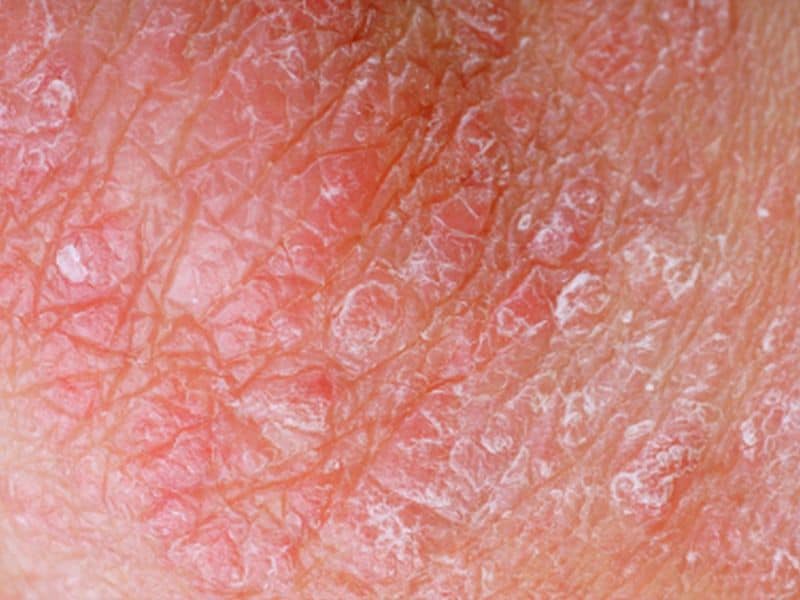A substantial part of people, one in five, undergoing systemic treatment for psoriasis (i.e. pills taken orally, injections or infusions) still have considerable problems with their disease. This is according to a study with 2,646 Swedish psoriasis patients conducted by researchers at Umeå University and the Swedish Institute for Health Economics, and recently published in the Journal of Dermatological Treatment.
“Our results suggest that the currently available treatments are not sufficiently treating patients with moderate-to-severe psoriasis. So in order to manage their disease, more patients need access to currently available biologic agents as well as other new and more efficacious treatments,” says Marcus Schmitt-Egenolf, researcher at the Department of Public Health and Clinical Medicine at Umeå University and corresponding author of the study.
More than a decade ago, developments in biologics transformed the treatment of moderate-to-severe psoriasis by providing new ways for better skin clearance rates, low toxicity, and improved quality-of-life for patients. Nonetheless, the study led by Marcus Schmitt-Egenolf shows that despite having an ongoing systemic treatment, 18 percent of patients still had extensive psoriasis lesions and/or suffered impairment of their skin-related quality-of-life.
Related Articles
- Psoriasis Impacts QoL for Parents of Affected Children
- Consultations Rarely Address Psoriasis Patients’ Concerns
- Reduction in Psoriasis Symptoms With Long-Term Weight Loss
- Prenatal Exposure to Maternal Stress May Raise Psoriasis Risk
The study was based on PsoReg, which is the Swedish quality register for systemic treatment of psoriasis. 2,646 psoriasis patients who had been receiving systemic treatment for at least three months were included in the study, which analyzed their most recent visit registered in PsoReg. Disease severity was measured either by the physician’s clinical assessment and/or by the patient’s own assessment of their skin-related quality of life.
Based on the results, the authors make several suggestions. For patients with moderate-to-severe psoriasis, who are using conventional systemic treatments, biologics should be considered. Patients with moderate-to-severe psoriasis, who already receive biologics, may need new treatment options. And lastly, the patients should also receive support in improving lifestyle factors.


